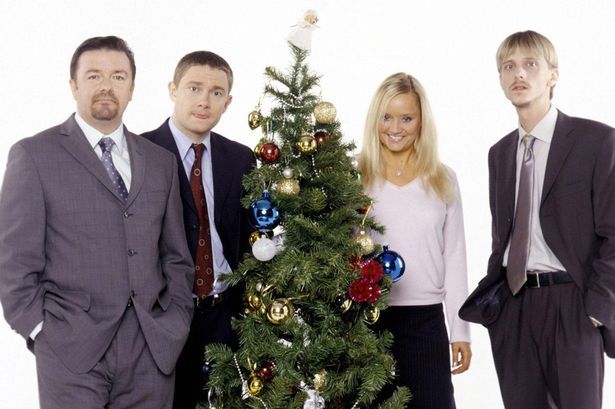
With the Christmas season firmly upon us, what better time to remind you of the rare goodwill shown by HMRC with regards to allowances for staff christmas parties!
It is a rare time indeed that you find HMRC giving tax relief for a jolly up, but Christmas pulls at the heartstrings of most, and the tax man is no different. With a £150 tax allowance up for grabs, for both staff and partners, there is no excuse for not breaking out the brussels sprouts and popping the Prosecco!
Social functions for employees
There is a tax exemption for employee entertaining, but terms and conditions apply. The relief only applies to ‘annual parties’ available to all staff and is set at £150 per head. This figure is inclusive of VAT.
If the cost of qualifying parties goes over £150 per head then unfortunately all the costs (not just those above £150 per head) are taxable as a benefit in kind. It is important to note that the cost of the party is the whole cost of the event, from the start to the end.
Taxis home and any overnight accommodation have to be included in the calculation. If the limit is exceeded the benefit must be reported on each employees P11D, or alternatively, the grossed up tax can be paid by the employer through a PAYE settlement agreement (PSA). This could mean that a total cost per head of £160 could lead to an additional tax and national insurance bill of a further £140 per person.
It’s important to note that the amount of £150 per head applies to all those attending the function not just employees. This will come into play if employees are allowed to bring guests.
Tax on business profits
Generally, client entertaining isn’t allowable for corporation tax purposes. However, the cost of employee entertaining, as long as it’s not incidental to the entertainment of others, is allowed to be deducted. If you invite clients and customers to your party, it is important to consider how to apportion the costs for corporation tax purposes.
Gifts to employees
Christmas presents paid in cash to employees will always be taxable along with other earnings. The same treatment also extends to vouchers that can be spent in either one or a number of different shops of the employee’s choice. The employee has to pay tax on the full value of the voucher.
If employees are given a seasonal present, such as a turkey, an ‘ordinary’ bottle of wine or a box of chocolates, as long as the cost is reasonable, HM Revenue & Customs (HMRC) won’t seek to tax it. Unfortunately, HMRC will not tell us what monetary limit it considers as ‘trivial’ but in our experience, less than £50 a head is usually acceptable. If the value of the gift is more than this, it will be taxable and should be included on the employee’s P11D, or on the PSA, as above.
‘Small’ gifts from third parties
It is worth noting that gifts can also often be received by your employees from third parties due to contact they may have had with throughout the year as a result of their employment. As long as such gifts do not exceed £250 in cost, it won’t be taxable for the employee.
VAT
Generally input tax on entertaining is not recoverable; however, employee entertaining is. The definition of employees for VAT purposes does not include partners of existing staff, or former employees. Therefore if your party includes guests, you will need to apportion the relevant costs appropriately for VAT.
Where entertainment is provided only for directors, partners or sole proprietors, HMRC do not accept that the input tax has been incurred for business purposes. However, where directors etc attend parties along with other staff members, then the VAT on the cost of them attending is not blocked from recovery.
Enjoy, be happy, be merry…
We would like to wish you all a Happy Christmas and look forward to working with you in the new year.
Have a great Christmas, contact us in the New Year to see how we can improve your financial situation.


















